Event
Wolf African Film and Media Symposium
The symposium aims to create a conversation that will help us both to think across the “and” of Cinema and Media Studies within one of the areas of the field that is often delimited by geography, and to think about how the field of Cinema and Media Studies could better integrate the current work and questions being done within African film and media scholarly arena into the core pedagogical and scholarly frameworks, including introductory and methods courses.
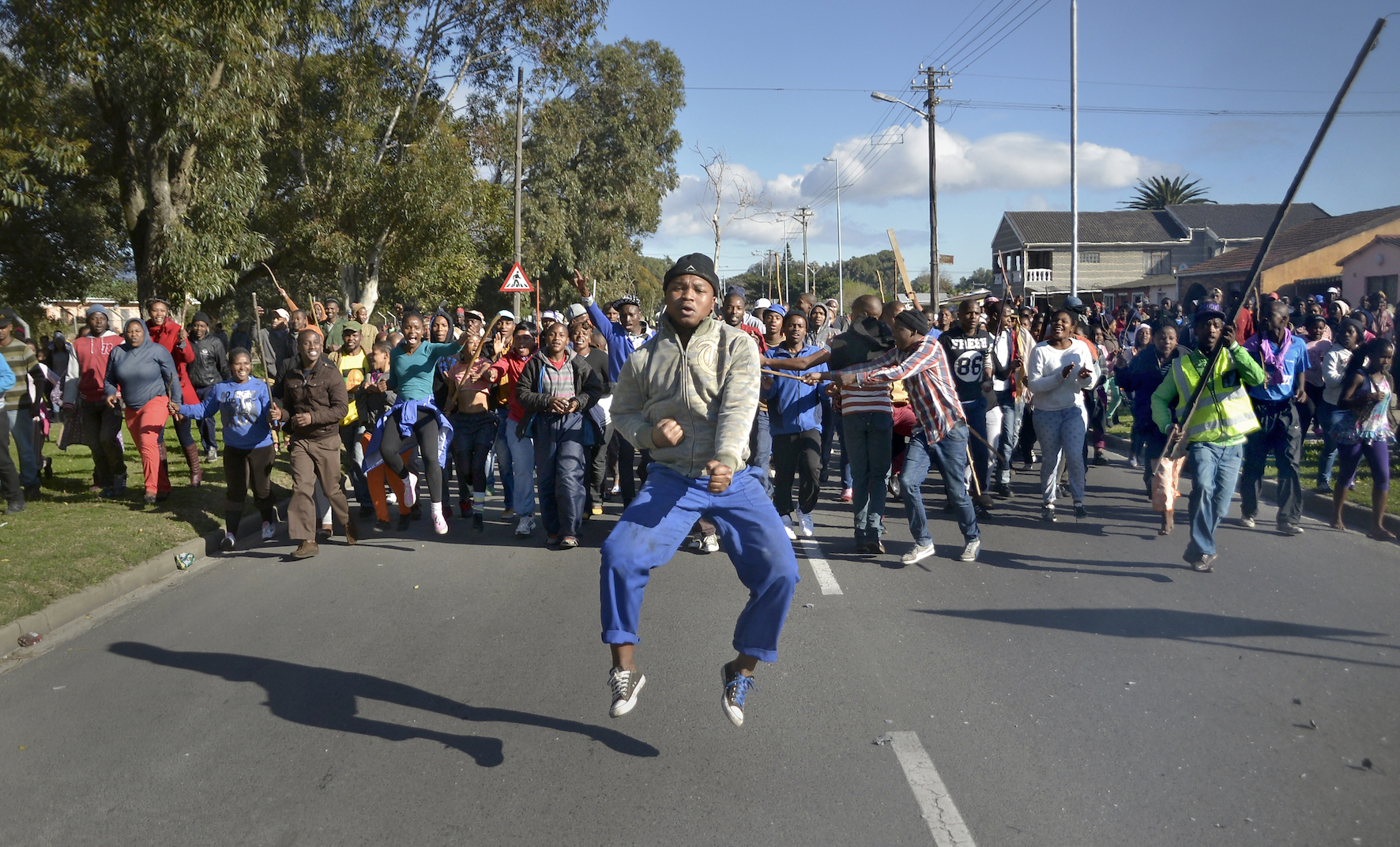
Photo credit: "Langa Protest" by Armand Hough.
_____________________________________________________________________________
Friday, April 21 | International House Philadephia, 3701 Chestnut Street
5:30pm: Opening Reception
7pm: Screenings:
CROP (49 mins., Johanna Domke, Marouan Omara, Netherlands, 2013)
THE TUNNEL (25 mins, Jenna Cato Bass, Zimbabwe/South Africa, 2009)
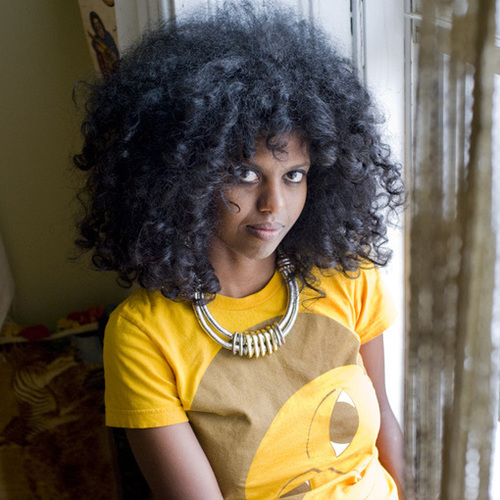
Sosena Solomon
MERKATO (18 mins, Sosena Solomon, Ethiopia, 2013). Artist Sosena Solomon in person.
The films traverses the largest open air market in Africa, documenting the daily lives, dreams, and struggles of four merchants. Each individual is one thread of an intricate network of experiences; a vibrant map of culture and customs that sit precariously on the edge of transition. The ancient market now stands in the way of strip malls and parking lots; the creeping forces of modern development. At its core, MERKATO is a social documentary exploring the narratives of these individuals who weave their worlds through the perpetual exchanges and encounters of the market place. Teaser: https://vimeo.com/27989726
_____________________________________________________________________________
Saturday, April 22 | Kislak Center, 6th Floor of Van Pelt-Dietrich Library
10:30am-12pm: Politics, Media, and the Force of Change | Moderator: Rahul Mukherjee (Penn)

Tanja Bosch | University of Cape Town
Social media, activism and student protests in South Africa.
This paper explores the growing role of social media in various forms of activism and protest in South Africa. This has taken numerous forms, from the student fees protests organised around the hashtag #FeesMustFall, to activists campaigning for affordable housing with the hashtag #Reclaimthecity. Despite unequal access to the internet, the growth of the mobile internet is changing the way ordinary citizens engage in online activism. The paper argues that the internet, social media in particular, plays a key role in South African political activity as a ‘choreography of assembly’, strengthening public discourse, and framing political reality via its virally shared digital content.
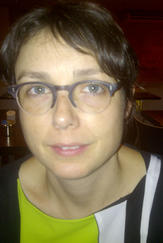
Kay Dickinson | Concordia CA
The Labour of (Media) Revolution.
The Egyptian revolution of 2011 is famed for the contributions made to its cause through countless hours of uploaded protest footage. How do we square the media labour undertaken, precarious in the extreme – monetarily, institutionally and legally – with continent-wide liberalization and privatization policies coerced by the likes of the World Bank, IMF and USAID? As part of the large corpus of revolutionary expression produced for the uprisings, references to film and song from the period of postcolonial nationalization figure prominently (much though they were side-lined in Global Northern discourses that preferred to eulogize web 2.0 potential). What sorts of urgent dialectics were roused into action by the interplay between these two different media systems in a moment of struggle for political change?
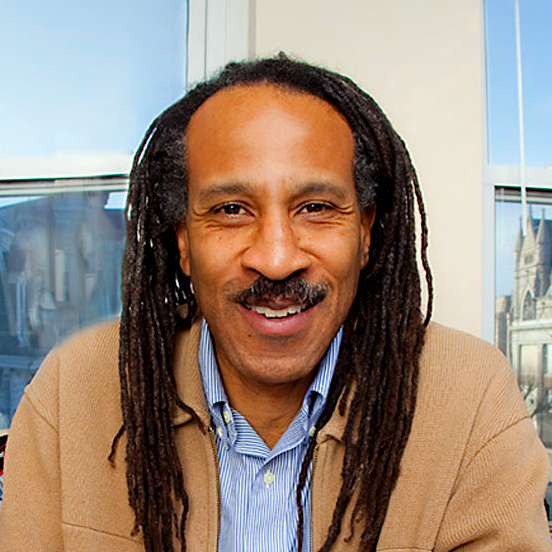
Louis Massiah | Scribe Video Center
Proof: Evidence in the Archive.
The talk is about African documentary filmmakers who make use of archival film, with a specific focus on materials that were part of Ghana Film Industries.
12-1pm: Lunch
1-3pm: Gender, Film and Media | Moderator: Lydie Moudileno (Penn)
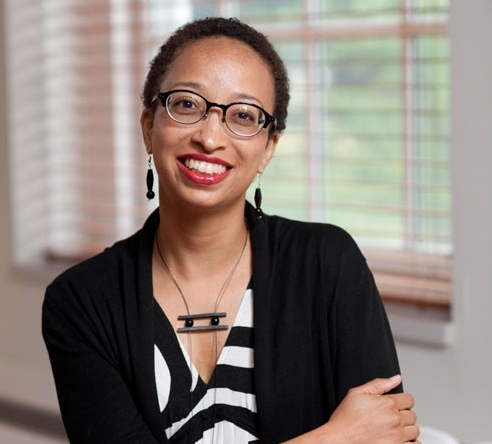
Tsitsi Ella Jaji | Duke
Media, Development, and Trust: Three Women Making Films in Zimbabwe.
The history of film in Southern Africa reflects how colonial segregation and apartheid split audiences along racial lines. Black viewers first encountered films projected on mission stations, mines and other sites where social control and education took precedence over cinematic pleasure. During World War 2, the British distributed propaganda films through mobile projection units to generate support for the war (and tolerance for conscription and rationing), and with the end of the war, the focus shifted to development. It is perhaps unsurprising, then, that NGO’s became and remain central to film funding structures in Zimbabwe. This paper takes three case studies where development has been a primary directive in funding women making films about violence and its aftermate: Flame (dir. Ingrid Sinclair), The Tunnel (dir. Jenna Bush), and The Axe and the Tree (dir. Rumbi Katedza). Punning on the Media Development Trust, a highly influential NGO based in Harare, the paper considers how these film-makers have negotiated artistic control, national belonging, gender, genre, and ethics in resource-poor conditions.

Chijioke Azuawusiefe | Penn
Nollywood and Women: Toward a (Re)Construction of Gender.
Critics have condemned Nollywood for its representations of Nigeria and Nigerian cultures as uncivilized spaces where men do everything for power and women are but props to that end. Recently, however, Nollywood has undergone some changes in its representations of gender—both its construction and performance. After two decades of its existence, the population of women producers and directors in Nollywood has been on a steady increase. Female filmmakers now produce movies that challenge the common "passive" narratives about women. The paper explores the ways in which Nollywood’s female producers (re)imagine the construction of the female gender in contemporary Nigeria and argues that the new Nollywood films draw from traditional understandings of gender roles and values in Nigerian societies to inform the industry's current trajectory of gender performance.
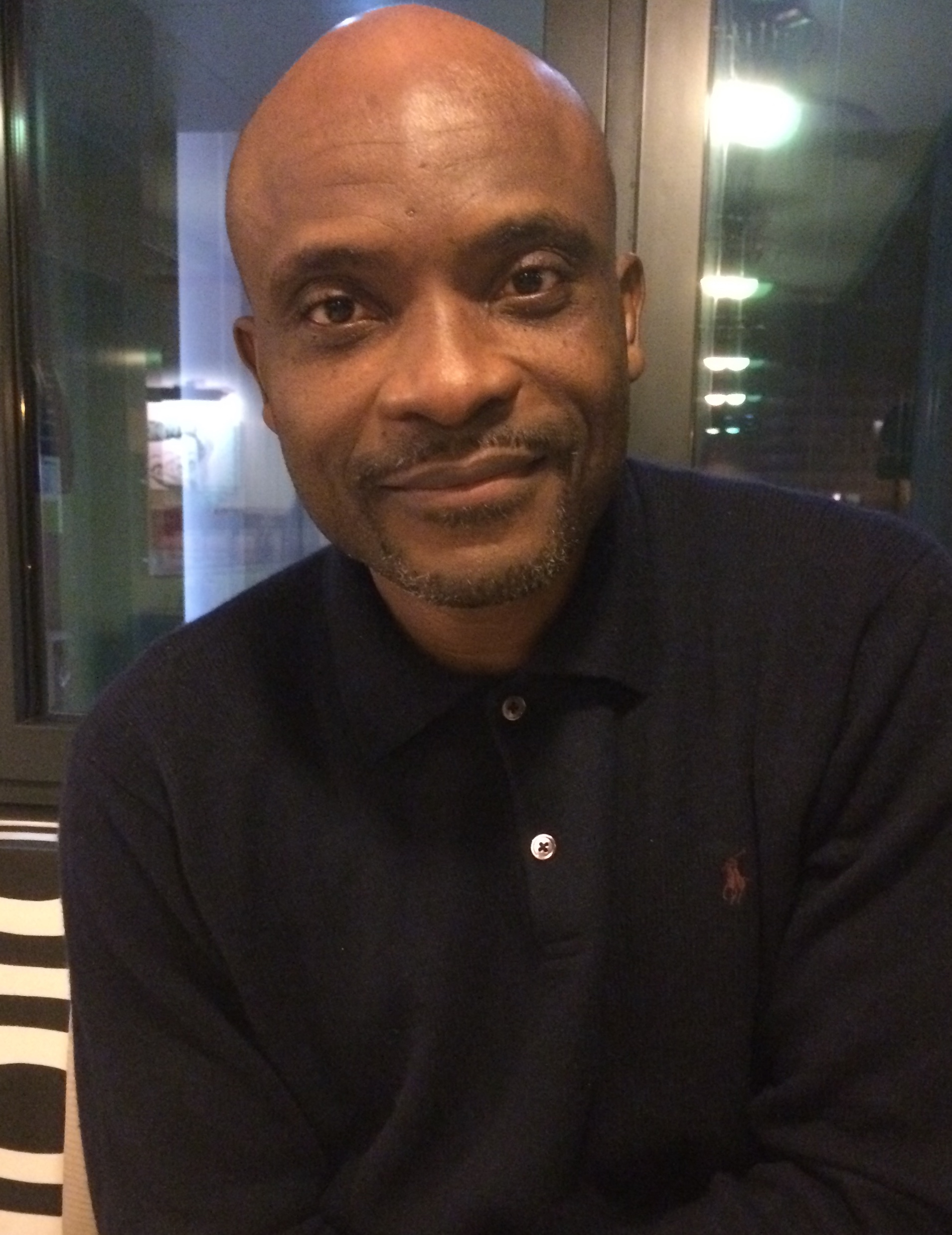
Didier Gondola | Purdue
Tropical Cowboys: Westerns, Violence, and Masculinity in Kinshasa, Congo.
In the early 1950s, young people in Kinshasa, Belgian Congo, became infatuated with the figure of Buffalo Bill, with his feats and exploits, and with his flamboyant looks as images of the famed plainsman unreeled on the screens of their makeshift movie parlors. The man that Theodore Roosevelt so vaunted and rhapsodized as "the most renowned of those men, steel-thewed and iron nerved, whose daring opened the West to settlement and civilization" became the paragon of masculinity and the embodiment of manhood for many young people in Kinshasa. Buffalo Bill, or rather his romanticization through the lenses of Hollywood, enabled those young viewers to forge new standards of masculinity in a colonial environment that denied them manhood and, instead, essentialized the Congolese man as a "grand enfant" (big child) and, worse, as a macaque (monkey). Accordingly, they called themselves Bills and adopted the swagger, the scripts, and the silences of their eponymous hero. They formed gangs of Bills, infused their quest for masculinity with deeds of derring-do and esoteric street slang, and relied on martial arts, kintulu (bodybuilding), as well as on kamô (magical rituals) to get the upper hand in fights over monikers, turfs, and girls. Tropical Cowboys is not just a meditation on manhood, nor is it only a study of the tropicalization of the American West. It takes first and foremost a rather unorthodox view of popular cultures, exploring the grayish areas, those hard-to-reach places, the in-between zones where culture meets crime, dream meets drama, and resistance becomes a double-edge sword that liberates as much as it oppresses, and where young people walk a tightrope between making and breaking and construct manhood according to a pendulum process in which the male body is at once preserved and annihilated.
3-3:30pm: Coffee Break
3:30-5pm: Nollywood | Moderator: Meta Mazaj (Penn)

Onookome Okome | Alberta
What is Nollywood?
There is little doubt that the cinematic practices of Nollywood profoundly trouble the very notion of an African cinema. Before the emergence of this mode of popular filmmaking, African cinema was connected primarily to the “engaged” films made by filmmakers from the mainly French speaking area of West Africa and the films they make constitute the African film. All that changed with the emergence of the Nollywood, and the discursive practice is changing also but not fast enough to account for the popularity of Nollywood across the African continent. Clearly then, this popularity has not witnessed a corresponding critical engagement with the structure of the Nollywood industry or with the Nollywood film itself. Criticized at home for playing to the gallery and vilified for recreating the idea of “the noble savage elsewhere” reminiscent of the Tarzan films, Nollywood becomes a cinematic pariah of some sort among those who study and write about African cinema. The exceptions are few and far between in this regard. Lacking a clear and consistent framework with which to read Nollywood, and unwilling to invest time and rigor in the formulation of a theory towards reading the Nollywood film, film scholars and critics rely instead on the critical approach which compares the text of the Nollywood film to its “counterpart,” the African film from French speaking West Africa. This critical approach robs Nollywood of its unique place in the discursive ecology of African cinematic experience and minimizes the special qualities it has shown as an industry; qualities that trouble the discursive regime of all aspects of the African cinema. Quite often the question of “engagement” features as one the reasons why Nollywood lacks the cinematic bite. Can there be an African cinema that does not espouse the ideology and “principal characteristics of “third cinema” as Teshome H. Gabriel envisions it and how might we define such a cinema on its own terms? I plan to deal with this matter in this presentation.

Brian Larkin | Barnard
The Melodramatic State: Political Aesthetics Spectatorship and Nollywood.
In this paper I examine how melodrama is central to the production of state form and new modes of sovereignty in Nigeria. I am interested in the emergence of a political aesthetics that draws upon core topics in film theory – melodrama and the emergence of forms of spectatorship – but at the same time shows how Nigerian film destabilizes core assumptions embedded in these theories.
5-6pm: Roundtable | Rethinking the Core Curriculum of Cinema and Media Studies through the Lens of African Film and Media
6-7pm: Closing Reception
_____________________________________________________________________________
This symposium, free and open to the public, has been made possible thanks to the Dick Wolf Cinema and Media Studies Fund, and co-sponsored by the Department of Africana Studies and the Kislak Center for Special Collections, Penn Libraries. It has been organized by Karen Redrobe, Elliot and Roslyn Jaffe Professor of History of Art and Cinema and Media Studies, with the assistance of Nicola M. Gentili.
Click here for poster.
